
Image Credit: http://www.pearlsandbrass.com/ / Edited with Photoshop
Last time, I gave you an overview about the different skin types. This time, I want to highlight the dry skin type in a more detailed manner.
Aside from an inherited group of disorders called ichthyosis which is quite serious and disfiguring, most dry skin conditions are caused by environmental factors such as cold weather, soaking in hot baths, and low humidity. They are also usually not serious and can be controlled even if just partially. Hey, better than nothing, right? Although they are not serious, they can be quite uncomfortable and they're not pretty to look at.
Fortunately, there are several treatments you can do yourself to improve your skin condition.
✾ Symptoms and Causes ✾
Dry skin may either be a temporary or lifelong condition. The signs and symptoms will also depend on your age, overall health, where you live, and the general cause of your dry skin. However, this condition would often show common symptoms such as the following.
- Skin tightness after showering, bathing or swimming.
- Itching
- Skin that looks and feels rough.
- Scaling, peeling, or flaking.
- The appearance of cracks and fine lines.
- Grayish or ashy looking skin.
- Redness and deep cracks that may bleed.
There are several causes of dry skin, but xerosis is often caused by environmental factors such as cold weather, low humidity, long baths, harsh chemical on soaps and detergents, and even other skin conditions.
✾ Risk Factors and Complications ✾
No one is exempt from dry skin, especially if you neglect your skin care. However, our risk factor increases with age. So if you are more than 40 years old, you need to take extra care of your skin. In fact, more than 50% of the older folks have dry skin. Other risk factors include having a job that requires submersion of skin to water such as hairdressers and nurses, frequent swimming in heavily chlorinated water, and living in areas with dry, cold, or low humidity climates.
Dry skin is usually nothing to be worried about because they are mostly harmless. However, there are cases when complications arise, especially if not treated right away. Such complications may include atopic dermatitis, most commonly known as eczema. Another thing you need to worry about is getting infections. Excessive dry skin can lead to cracks in the skin which can become the entry point of bacteria.
✾ Prevention ✾
Try some of these useful tips to prevent excessive drying of skin.
✾ Moisturize
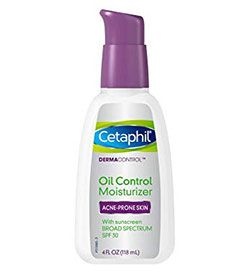
Image Credit: https://www.amazon.com/
Using a moisturizer helps prevent water from escaping by sealing it in your skin as much--and as long-- as possible.
✾ Limit bath time

Image Credit: https://nationalpost.com/
We all like taking long and luxurious baths from time to time. Who doesn't want a long, warm shower or a bubble bath after a long day at work? However, did you know that doing this too often may not benefit our skin, at all? It's true. Overexposure to water can strip our skin of its natural oils and leave it to dry out. Limit bath and shower time to only 10 minutes a day and use warm instead of hot water. It is also highly recommended to only bathe once a day. I know that it's really hard to do this, especially to those living in hot, humid places.
✾ Avoid harsh soaps and detergents
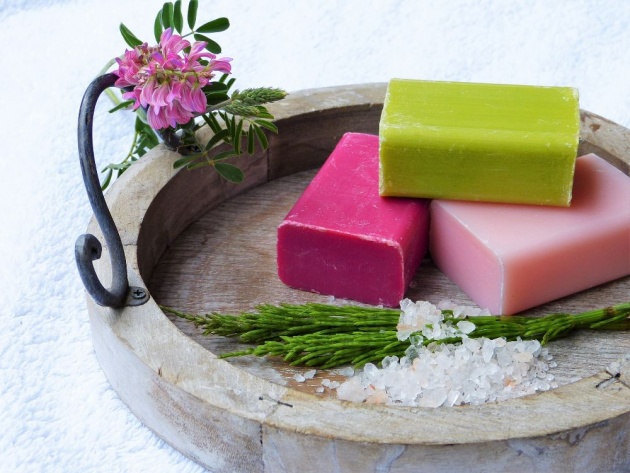
Image Credit: silviarita via Pixabay
Instead of using soaps with harsh chemicals that can dry your skin, use shower gels infused with moisturizers and mild cleansers, such as Cetaphil.
✾Wear gloves
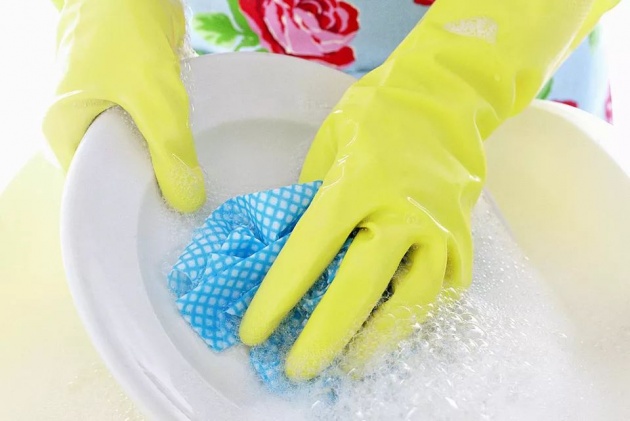
Image Credit: https://www.thespruce.com/
Whenever you need to use harsh cleansers or detergents, make sure to wear a pair of gloves in order to protect your skin.
✾ Cover as much skin as possible during colder seasons

Image Credit: nastya_gepp via Pixabay
If you live in an area where the temperature could drop very low, make sure to wear protective clothing such as a hat, scarf, and gloves when you leave your house. This is because cold weathers can be especially drying to the skin.
Here is Dr. Jaishree Sharad of Skinfiniti to talk more about the causes and symptoms of dry skin.
Video Credit: Skinfiniti with Dr. Jaishree Sharad via Youtube
Treatments
In most cases, dry skin can be easily treated with simple skin home remedies and lifestyle changes. However, for more serious skin conditions such as psoriasis, ichthyosis, or atopic dermatitis, you will definitely need to consult with a dermatologist so they can prescribe you with prescription ointments, creams, and other treatments. Here are just some home remedies you can try in order to keep your skin healthy and moist.
✾ Make it a habit to use moisturizers
Application of moisturizer should be part of your basic skincare routine. It should be so basic that it's like breathing. The reasoning behind this is that moisturizers help trap water in your skin for as long as possible. This is why you need to apply one right after taking a shower and several times throughout the day. The thicker the consistency of the moisturizer, the better. Some of the best brands are Eucerin and Cetaphil.
You should also consider using cosmetics that have moisturizers in them. If you have extremely dry skin, oil can be more effective in keeping your skin moisturized than moisturizers. The oil you use doesn't have to be anything special. You can use baby oil if you want. Another option is using ointments that contain petroleum jelly. However, the application may be a little greasy and messy so you may want to only use it at night.
✾ Use humidifiers
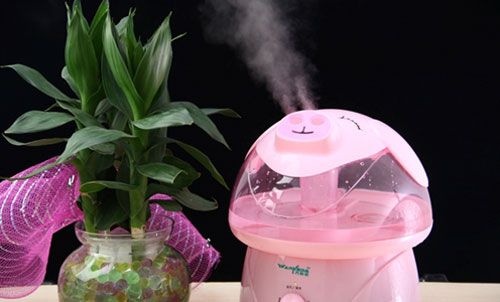
Image Credit: http://www.doisongphapluat.com/
indoor air that is hot and dry is not good for the skin as it can worsen the flaking and itching, as well as parch sensitive skin. A humidifier can help add moisture to the air inside your home, keeping your skin moist at all times. You can have one installed in your furnace but a portable one will have the same effect. However, do make sure that you keep the humidifier clean as it can attract fungi and bacteria when not properly maintained.
✾ Choose non-abrasive fabrics
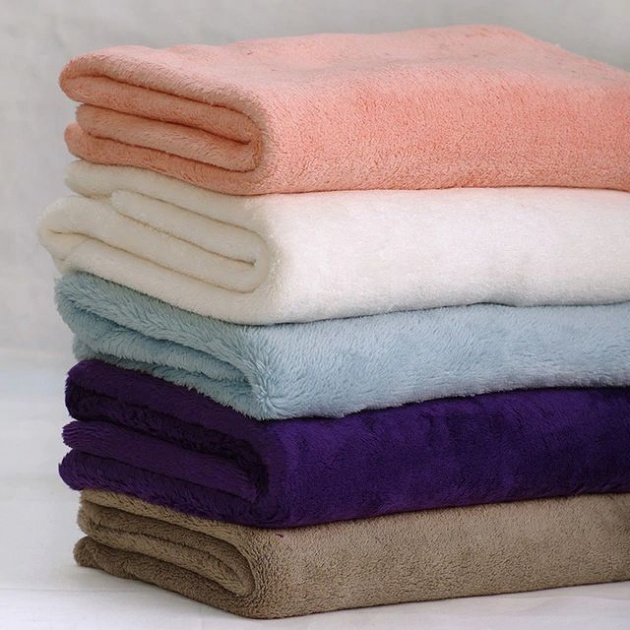
Image Credit: https://www.aliexpress.com/
When buying your clothes and beddings, choose fabrics made from natural fibers such as silk and cotton. This is because these types of fabrics allow your skin to breathe. Wool is also a fabric made from natural materials but is not as kind to the skin as it can irritate even normal skin. You should also remember to wash your clothes with detergents that are free from dyes and perfume as these extra ingredients can irritate the skin.
Final Thoughts
Dry skin is usually nothing serious but it can be quite unsightly and uncomfortable. If it starts itching, apply a cool compress on the affected area. You may also use nonprescription ointments and creams that contain at least 1% hydrocortisone to help reduce the inflammation. If nothing works to relieve your symptoms or if your symptoms worsen, you should immediately consult with a dermatologist.
~oO0Oo~~oO0Oo~~oO0Oo~~
Thanks for reading! Have a wonderful day ahead of you and keep smiling. :)
Written by Chineyes for bitLanders
For more quality blog posts, you may visit my page
Not yet on bitLanders? Sign up now and be rewarded for sharing ideas, photos, and videos!



